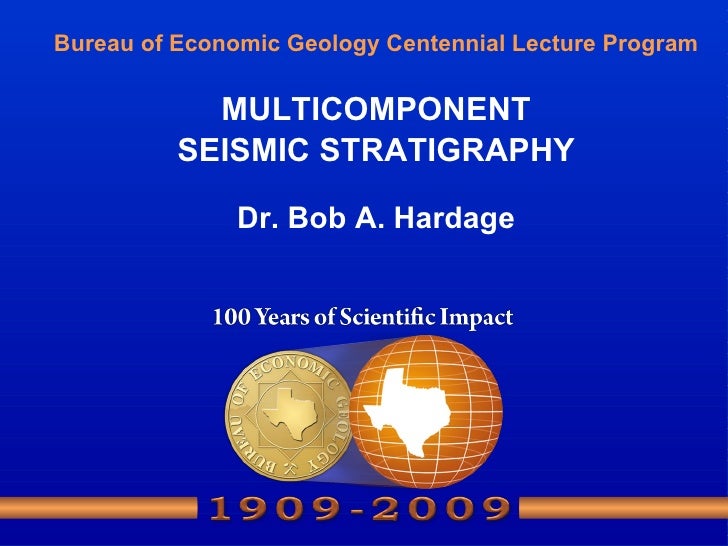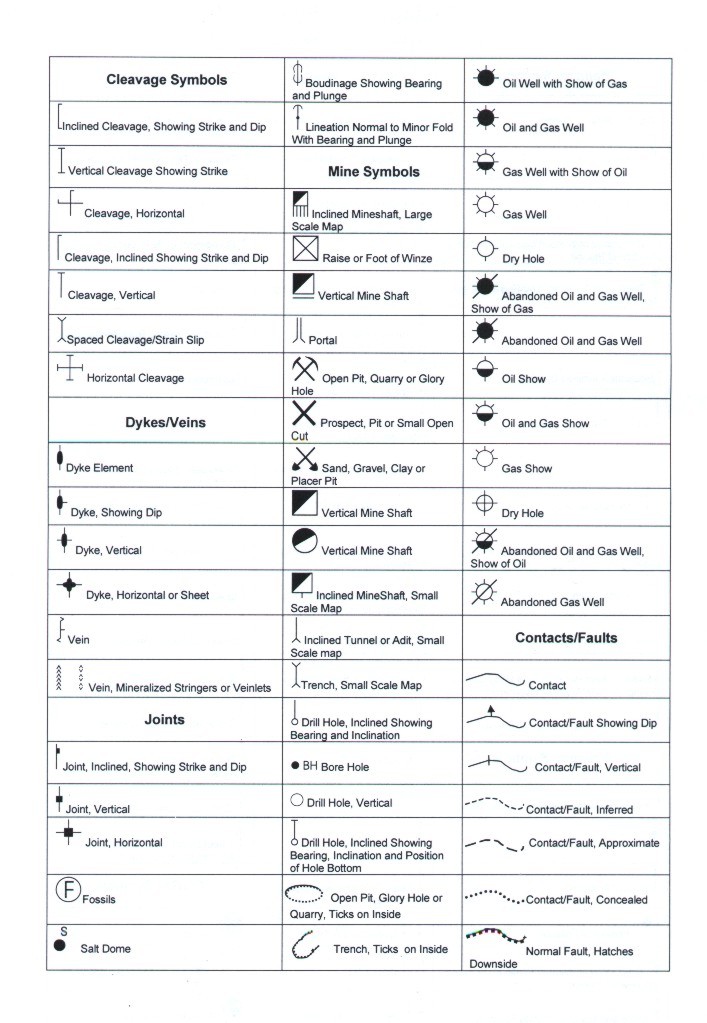Hey man,Looks nice! Alexb nebula programs for single. Have been thinking about getting my Ubuntu on for a while, so will have a play and see.Other programs you may like for your list are a dynamite referencing program which kicks Endnote’s bum. As soon as I download a pdf through my browser, Mendeley picks it up, copies it to its own referencing subfolders, and searches for the doi. It usually gets the more modern papers correct first time, but the older ones may need a hand. Simply copying the doi from the paper does it quickly. Mendeley is especially useful if you are a LaTeX user, as you can easily use it to compile a BibTex file as you go. I therefore store all my references in one library file and point my LaTeX document to it.
The actions I have just described need setting up, but are easy to do so.Secondly, I hear (but have yet to play with) that as a piece of freeware renders some beautiful graphics, both stills and animations, which I would use in talks to get the ooo’s and ahhh’s from the audience like a collection of candy floss induced kids on fireworks night. I am told the initial learning curve is very steep and I have yet to undertake it myself so I can’t offer help, but having seen the results, it is definitely something that you’d appreciate.M. John, a great review. Python is quite a steep learning curve to eclipse Matlab. In this instance I would suggest that R has now come of age, and with ggplot, is now a viable replacement for most of the work that we ever did in Matlab. It is especially powerful in its use of frames for loosely structured data and I also like the way it can built into a broader, simpler scripting environment such as python if necessary. This abstracts the computational part of the knowledge discovery from the software engineering part.Also, internet tools are a two-way street and a vital (and free) source of scientific data.
Felt Earthquake Moment countouring using text mining on geotagged twitter feeds. Nice list – I like it. But for my work (I am not a geoscientist, but I am still working with spatial data) there are two programs I do not want to miss:1) for statistics (spatial as well as “traditional”) as well as writing simualtion models: R is the optimal choice: flexible, powerfull, expandable – everything one needs. And for spatial tasks: CRAN Task View: Analysis of Spatial Data 2) for writing code / literal programming, I use emacs + org-mode + ess – the perfect combo.Cheers,Rainer. The has files for lots of different journals.
Most journals that I use are published by the AGU, Springer or Elsevier, so if you can’t find the specific journal, then you can search for publishing house styles e.g. American Geophysical Union, Springer Author Date, Elsevier Harvard with Titles. You can use these within a word processor.For LaTeX articles, you can download templates and bibliography files from the Instructions for Authors sections of the publishers’ websites. Follow the links to,.
Graphic Log Template
Great summary – I use a lot of these myself, but on Mac OSX; also GNU Octave as a Matlab compatible alternative (runs most.m scripts) – amazingly powerful, but command line only. Having used both, I’d say Octave is an easier transition than moving to R unless you’re doing some heavy duty statistical work. Hugin is – a nice panorama stitcher – also good for stitching scanned historical maps, pdfsam (pdf split and merge) is indispensable. I have a largely unused Ubuntu partition – maybe I’ll try your installation script. NiceBest, Stu. Great list, thanks John!

The script is awesome too.A couple of years ago I set about trying to collect geoscience FLOSS into a couple of Wikipedia pages: and, following the format of other similar pages. I thought you and others might be interested in those.In the wiki vein, I’d also recommend installing your own local instance of as a way to store all your notes and research. It might sound a bit over-the-top, but I’ve found it a tremendous way to build and maintain a minimally organized, densely linked cluster of notes. It stores and renders images and equations nicely too. There’s a little overhead though, so it’s not recommended for Linux or HTML noobs (then check out ).Cheers,Matt /.


Stratigraphy Program Texas
I just finished teach a semester long “research tools” course for first year graduate students in an Ocean Mapping program. Way to much material to really get depth on the topics and you list many I didn’t get to. Bash, Python, Emacs, org-mode, qgis, google earth, SQlite, XML, proj, gdal, matplotlib/numpy and parsing binary data. Sadly, I missed some big tools like GMT, MB-System, basemap for matplotlib, using checksums to validate data sets, etc. 99% emacs org-mode. Audio for all 26 classes is online.for a total of 7.5 hours of screen casts recording working in Ubuntu 11.04. I’m really glad you’ve got those points of view.